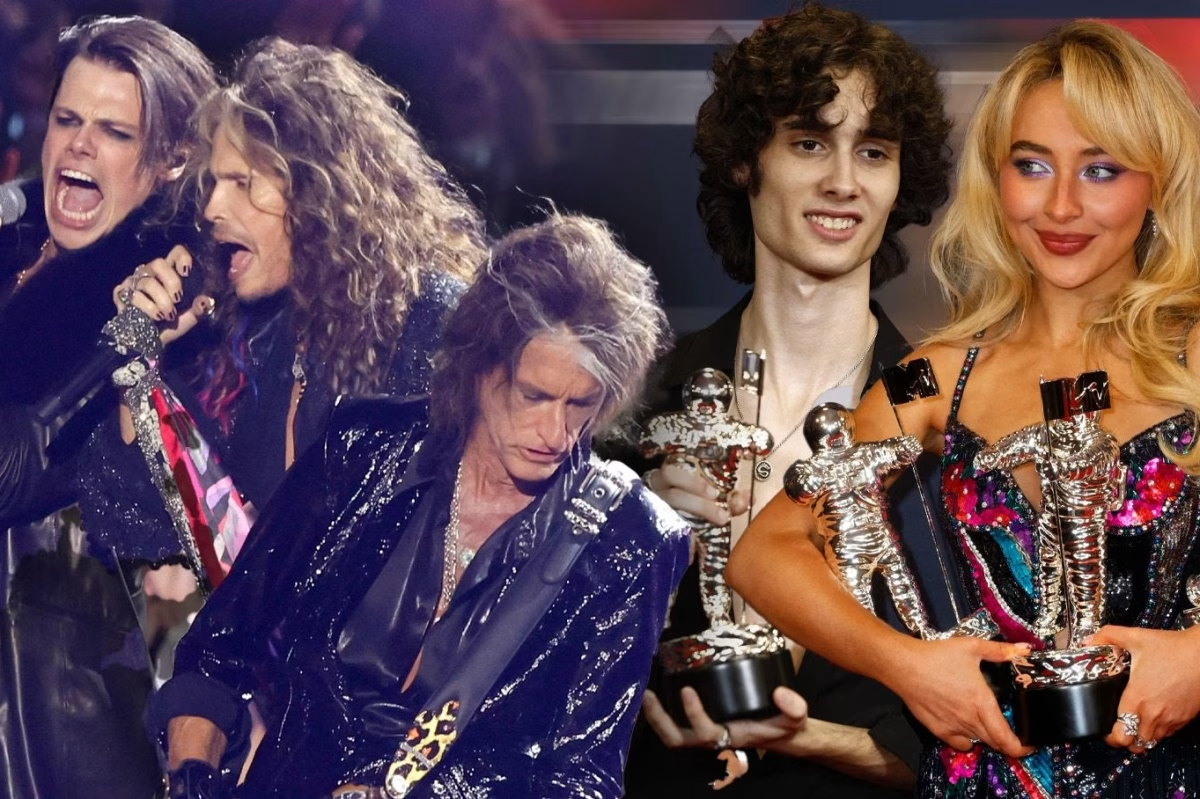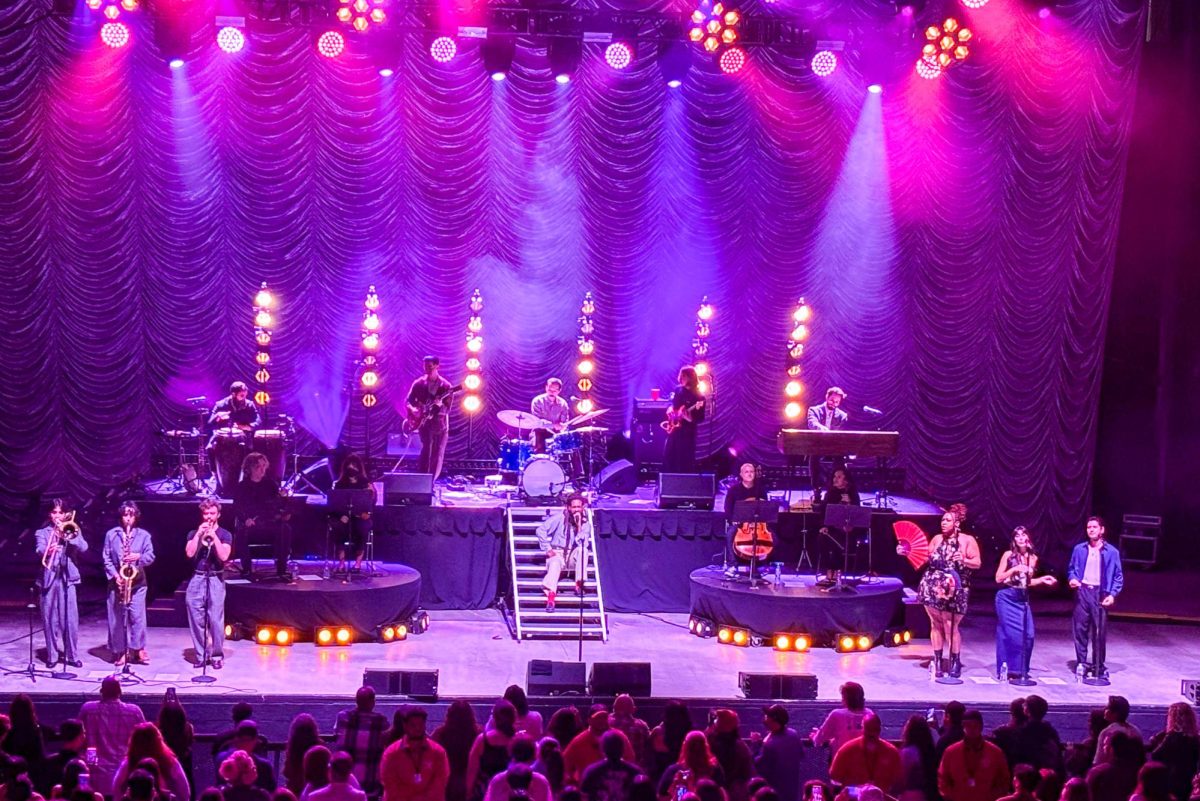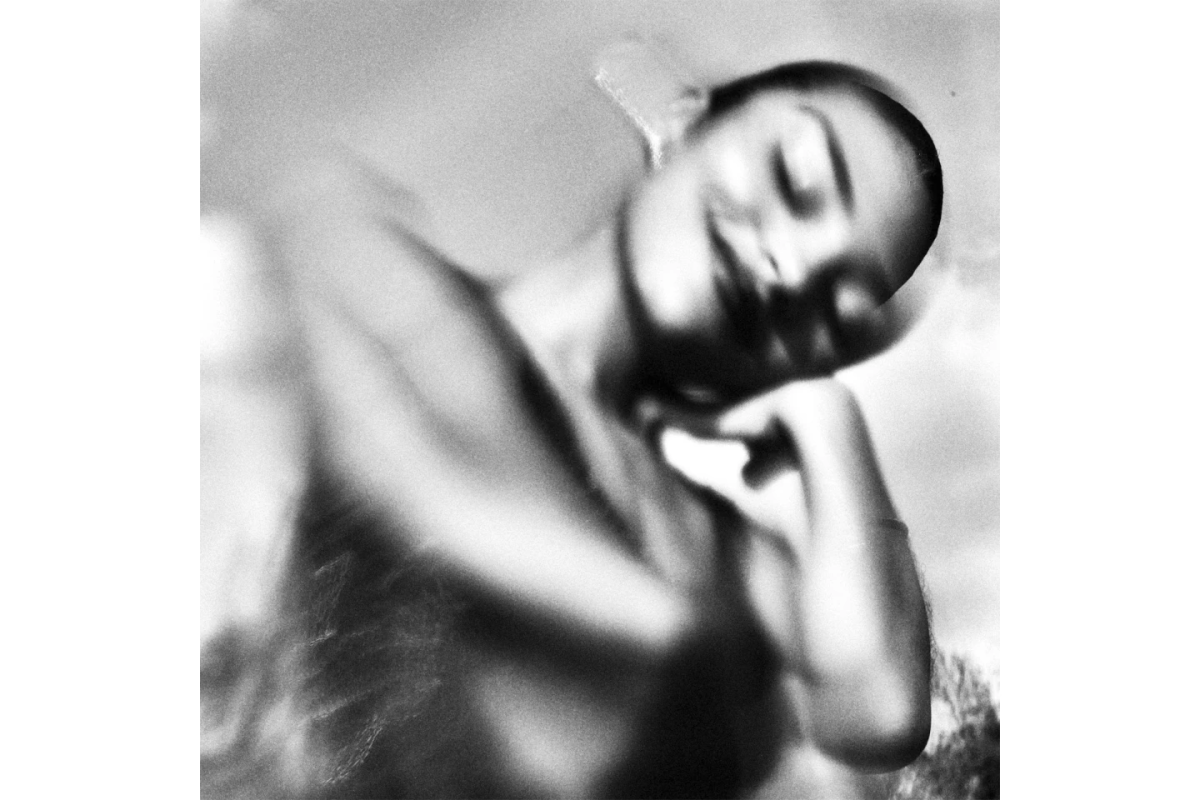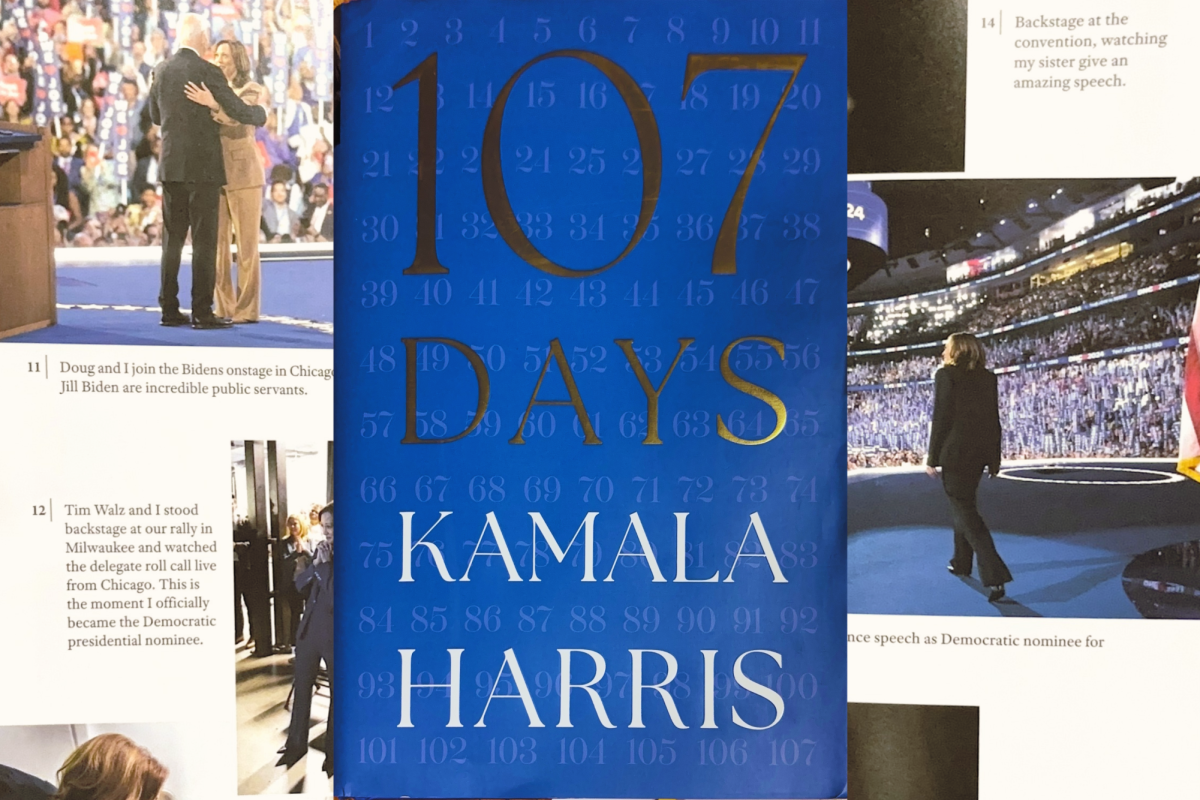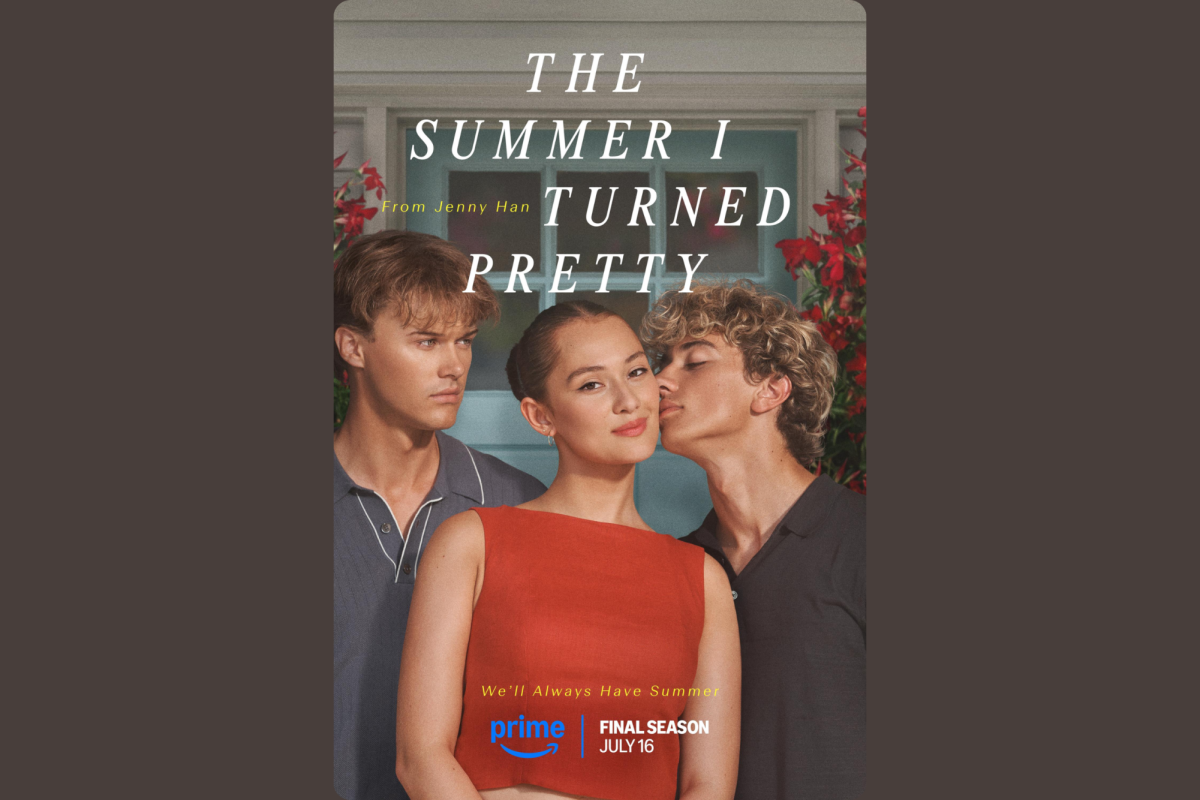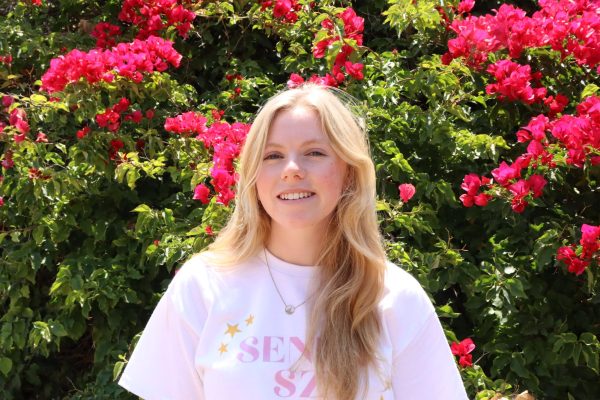The Music Television (MTV) Video Music Awards (VMAs) returned to television last week with no shortage of the usual spectacle, competition and pop culture drama. Broadcast live from the Prudential Center in Newark and simulcast for the first time on CBS and Paramount+, the 2025 VMAs brought together some of music’s biggest names for a memorable night.
Lady Gaga won 12 nominations, taking home the most awards of the evening. Ariana Grande was awarded one of the night’s highest honors, Video of the Year, for her single “Brighter Days Ahead.” First-time categories like Best Country and Best Pop Artist widened the scope of recognition, while Ricky Martin received the Latin Icon Award, and Mariah Carey, after decades of nominations and hard work, finally took home her first award and the prestigious Video Vanguard Award.
The night was also filled with bold performances from leading artists like Sabrina Carpenter’s production of “Tears,” which highlighted transgender rights with visuals of drag queens and protests, to Mariah Carey’s performance celebrating her momentous career. Other shows leaned into high production, like new striking artist Tate McRae, ensuring the VMAs kept their reputation as one of pop culture’s most memorable nights.
Despite the many high-profile winners in the room, there were many unexpected contenders who brought awards home. Some fans praised the recognition of diverse new voices and the attempts at staying current, but others, like The U.S. Sun, called the broadcast “the worst ever,” citing pacing issues and a lack of genuine spontaneity. They claimed that the move to CBS made the broadcast feel too restrained.
Interestingly, the numbers told a different story: the 2025 VMAs experienced a 42% increase in TV viewership compared to last year, the highest ratings the show has seen in six years. Globally, clips of performances were viewed over a billion times across MTV’s platforms, demonstrating that the show continues to command widespread attention.
The mixed response raises a more pressing question for fans: are the VMAs still the cultural benchmark they once were? Continuously rising ratings and global engagement indicate the show is far from fading. However, critics argue that the VMAs no longer generate the same level of cultural shockwaves as they did in their peak years, from Kanye West’s interruption of Taylor Swift to the infamous Britney Spears performances throughout the years. Such monumental moments dominated headlines and pop culture magazines for weeks. In today’s world, defined by TikTok and social media, where music culture spreads through short audio recordings, the VMAs face the consistently pressing challenge of staying relevant or they will become a piece of nostalgia rather than a reputable cultural event.


